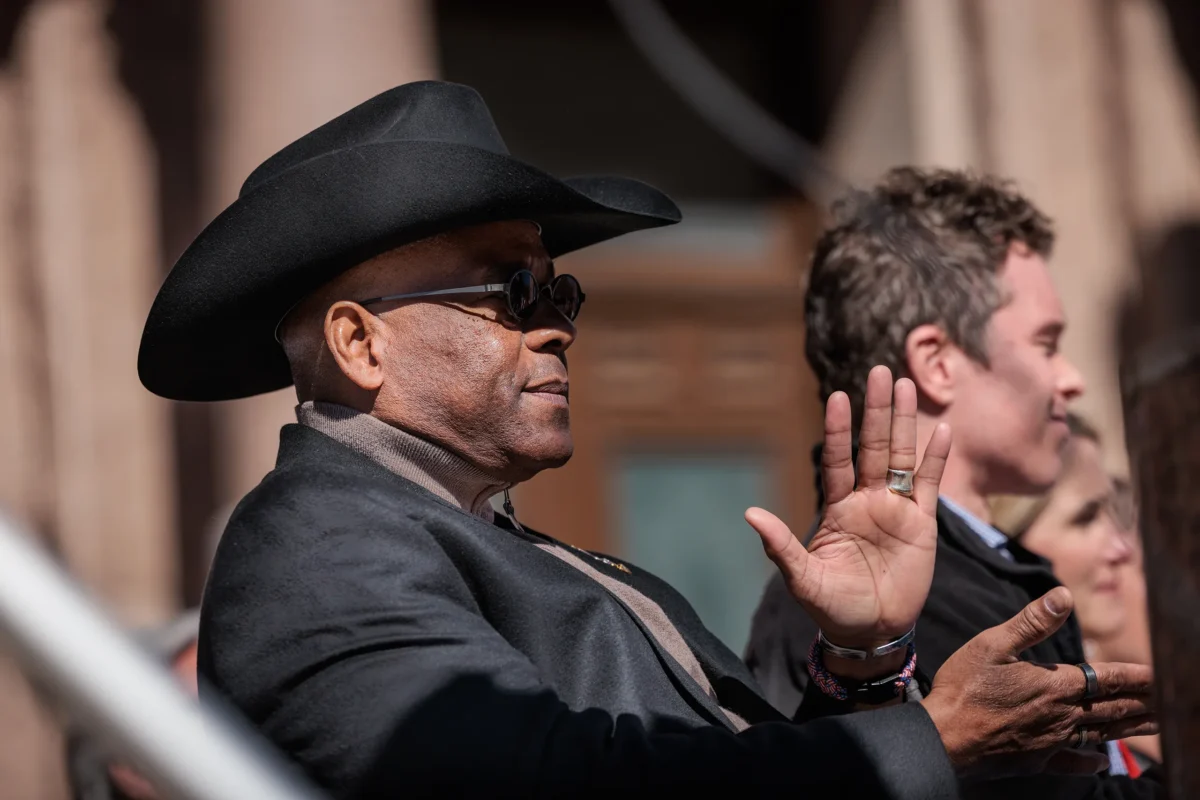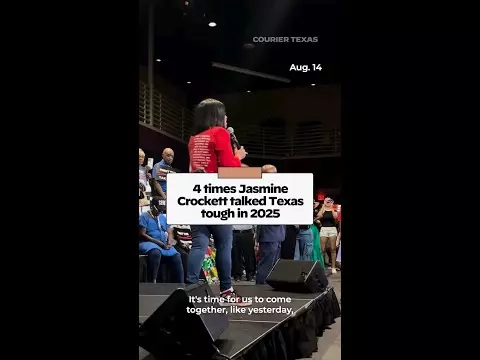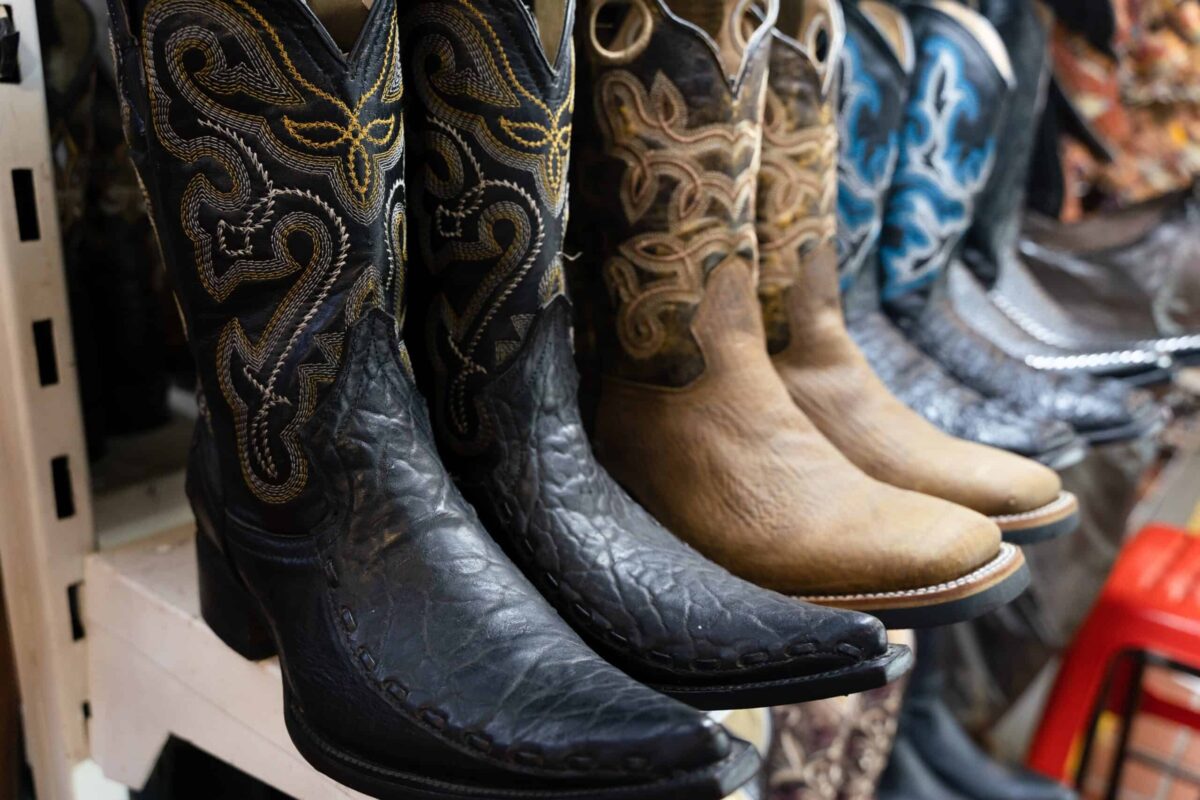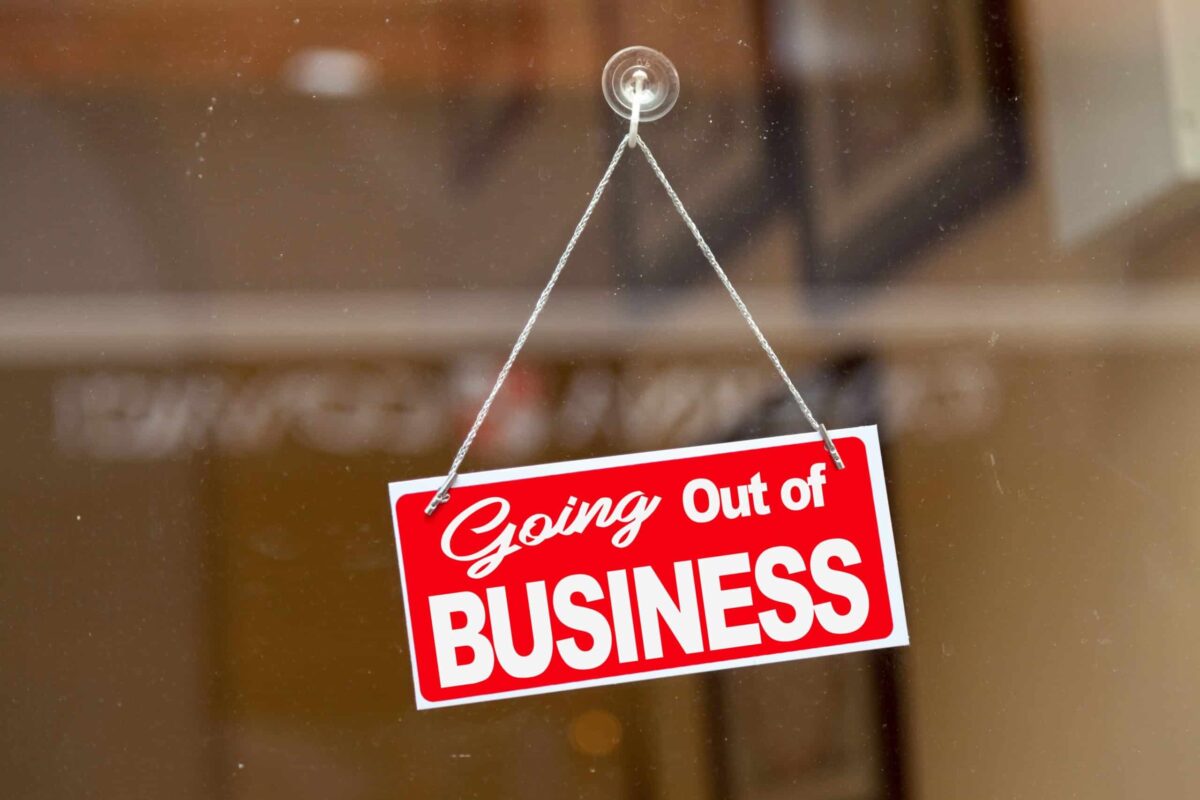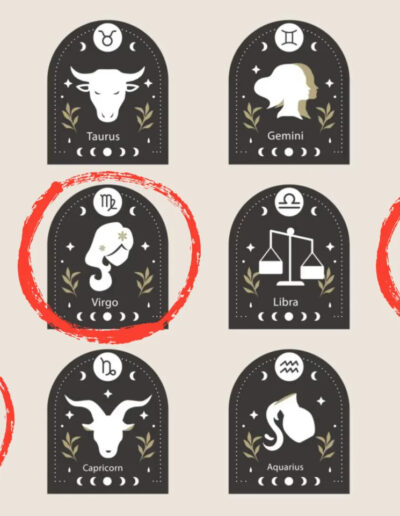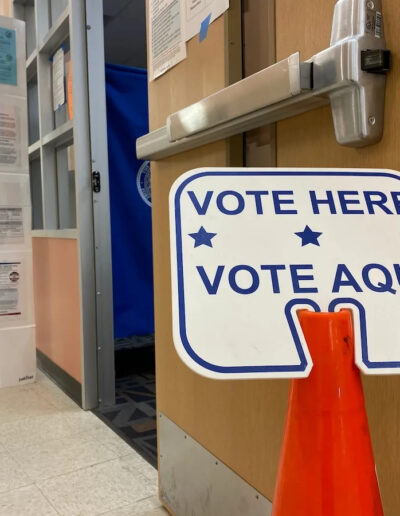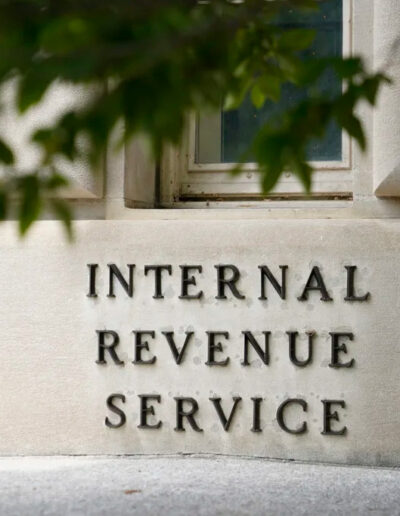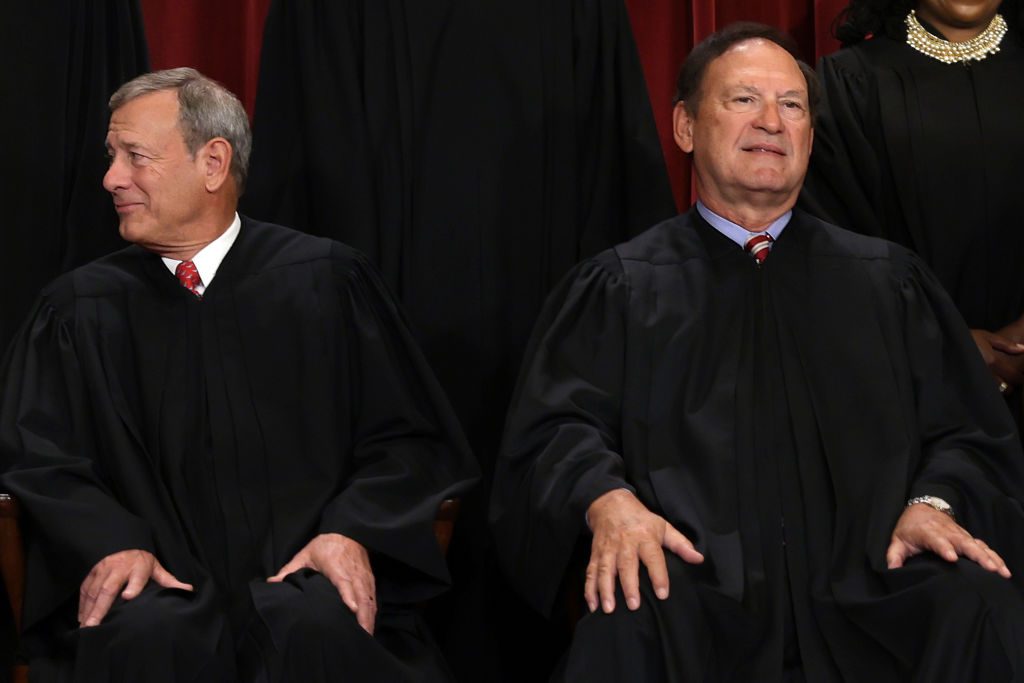
WASHINGTON, DC - OCTOBER 07: United States Supreme Court Chief Justice John Roberts (L) and Associate Justice Samuel Alito (R) pose for an official portrait at the East Conference Room of the Supreme Court building on October 7, 2022 in Washington, DC. The Supreme Court has begun a new term after Associate Justice Ketanji Brown Jackson was officially added to the bench in September. (Photo by Alex Wong/Getty Images)
Advocacy groups and lawmakers worry that unchecked bias and a potential second Trump term could greenlight more Supreme Court decisions aligned with far-right interests.
Amid revelations about politically provocative flags flown at residences owned by Supreme Court Justice Samuel A. Alito Jr., ethical debates surrounding justices’ conduct and the future outlook of the Court itself continue.
Just days after the January 6, 2021 insurrection at the US Capitol, during which thousands of Donald Trump supporters violently ransacked the Capitol in an effort to overturn President Joe Biden’s 2020 election win, an upside-down American flag was spotted outside Alito’s home in Alexandria, Virginia.
Concerned community members snapped photos of the flag, which Alito later told the New York Times was displayed by his wife, Martha-Ann, in response to “personally insulting” anti-Trump signage by neighbors.
The flag’s appearance on Alito’s property drew harsh criticism and raised concerns about judicial ethics and the justice’s potential bias—particularly because the upside-down American flag was widely used as a symbol of revolt by election-deniers in the days surrounding the January 6 insurrection.
And just last summer, a second controversial flag was spotted outside Alito’s vacation home in Long Beach Island, New Jersey. The flag in question was another symbol associated with pro-Trump groups and supporters of the January 6 insurrection. Dating back to the Revolutionary War era, it reads “Appeal to Heaven” and is often considered a “resurrected” modern symbol for those who want to rebuild American government using Christian ideology.
Reports say the “Appeal to Heaven” flag flew at Alito’s vacation residence during July, August, and September of 2023. That’s according to photographs from neighbors and tourists, along with a Google Street View capture that clearly depicts the flag, though it’s impossible to confirm whether the flag flew intermittently or continuously during those months.
Just this week, Alito released a letter addressing the controversy, once again claiming his wife was solely responsible for the choice to display both flags and vehemently opposing any suggestion that their presence should affect his ability to serve on the Court in an unbiased way.
“I was not aware of any connection between this historic flag and the ‘Stop the Steal Movement,’ and neither was my wife,” he wrote, specifically referencing the “Appeal to Heaven” flag. “She did not fly it to associate herself with that or any other group, and the use of an old historic flag by a new group does not necessarily drain that flag of all other meanings.”
Alito controversy highlights concerns about Supreme Court ethics
Democratic lawmakers—along with a handful of Republicans—have expressed concern about Alito’s actions, questioning his ability to provide unbiased judgment while seemingly aligning himself with far-right insurrectionists. This is particularly pertinent as the Supreme Court hears cases regarding the events of Jan. 6 and rules on legal consequences for participants.
The Court is also poised to rule on whether Trump himself is entitled to absolute immunity in the wake of the former president’s efforts to overturn the 2020 election results, a decision that could significantly alter the legal scope of power for future presidents.
Ethics experts have suggested that Alito should recuse himself from these cases.
“Flying a flag carried at the insurrection in the days immediately following the insurrection is tremendously alarming. Doing so again, years later and on multiple occasions, as even more high stakes insurrection-related cases came before the Court, simply cannot be explained away,” the nonprofit group Citizens for Responsibility and Ethics in Washington wrote in a statement earlier this month.
“Federal judges legally must recuse themselves if their impartiality can reasonably be questioned. At this point it is difficult to make any reasonable case for Alito’s impartiality; it can and must be questioned.”
While Supreme Court justices are not supposed to indicate political bias, the Court has come under increased scrutiny in recent years as ethical boundaries have been tested.
Last year, ProPublica reporting revealed that longtime justice Clarence Thomas had failed to disclose a 2014 real estate deal and other associations between himself and Harlan Crow, who has an extensive record of donating to Republican causes.
Under a federal disclosure law, government officials—including justices—are required to disclose the details of real estate transactions amounting to more than $1,000. ProPublica reported that Thomas and his relatives sold three properties to Crow for a total of more than $133,000. Thomas did not disclose this transaction.
What’s more, Thomas and his wife reportedly spent time traveling with Crow on his private yacht and jet in 2019. These luxury vacations were also unreported, leading to ethical concerns about the nature of Thomas’ financial ties to the Republican mega-donor—particularly given Thomas’ long history of conservative rulings.
Despite continued calls urging everything from expanded transparency to impeachment, official ethics investigations into Justices Thomas and Alito have yet to proceed.
Evidence suggests these controversies and the court’s drift to the right have hurt its standing with Americans.
Public confidence in the Court has reached near-record lows in the last three years, with Gallup reporting that only 41% of US adults approved of the Court’s job performance as of September 2023. This is just one point higher than the all-time low approval rating of 40%.
Second Trump term could secure conservative SCOTUS voting power
Progressive groups’ concerns about the Supreme Court’s tilt towards the far-right and religiously motivated rulings have increased in the wake of the 2022 Dobbs decision, which overturned the federal right to an abortion once guaranteed by Roe v. Wade. Some ultra-conservative groups saw Dobbs as a green light to proceed with further restrictions on reproductive freedom, which has manifested in the form of so-called “fetal personhood” bills and threats to birth control access or fertility treatment.
Last summer, the Court ruled in favor of a website designer who refused service to same-sex couples, signaling another win for conservative Christian groups. Progressive groups like the Human Rights Campaign (HRC) worry this could set the stage for further blows to LGBTQ+ rights. In a statement, HRC President Kelley Robinson called the ruling a “dangerous step backward” and said it affirmed how “radical and out-of-touch this Court is.”
In the immediate wake of the Dobbs decision, Thomas went so far as to say the Court should “reconsider” cases related to equal rights—most notably targeting Obergefell v. Hodges, the landmark 2015 case that granted same-sex couples the right to marry nationwide. Alito has also spoken critically of Obergefell, suggesting earlier this year that such rulings unfairly paint Americans with “traditional religious beliefs about homosexual conduct” as bigots.
And just last week, Thomas suggested that SCOTUS had overstepped its bounds in the 1954 Brown v. Board of Education ruling, which banned separating schoolchildren on the basis of race. Thomas, who is the second Black justice to serve on the Court, said SCOTUS exercised “extravagant uses of judicial power” in its civil rights rulings during the 1950s and 60s.
Ahead of the 2024 presidential election, Democratic voters and lawmakers fear that a second Trump term could make it even easier for the Court to pass far-right or religiously centered rulings.
Justices Thomas and Alito are 75 and 73 years old, respectively, while Chief Justice John Roberts is 69. Obama-appointed Justice Sonia Sotomayor, who often votes in line with progressive ideals, is also 69.
Should any or all of these justices retire during a second Trump term, the president’s nominated replacements—likely to align with the conservative interests shared among Trump’s base—could shape the Court’s ruling power for decades to come.





